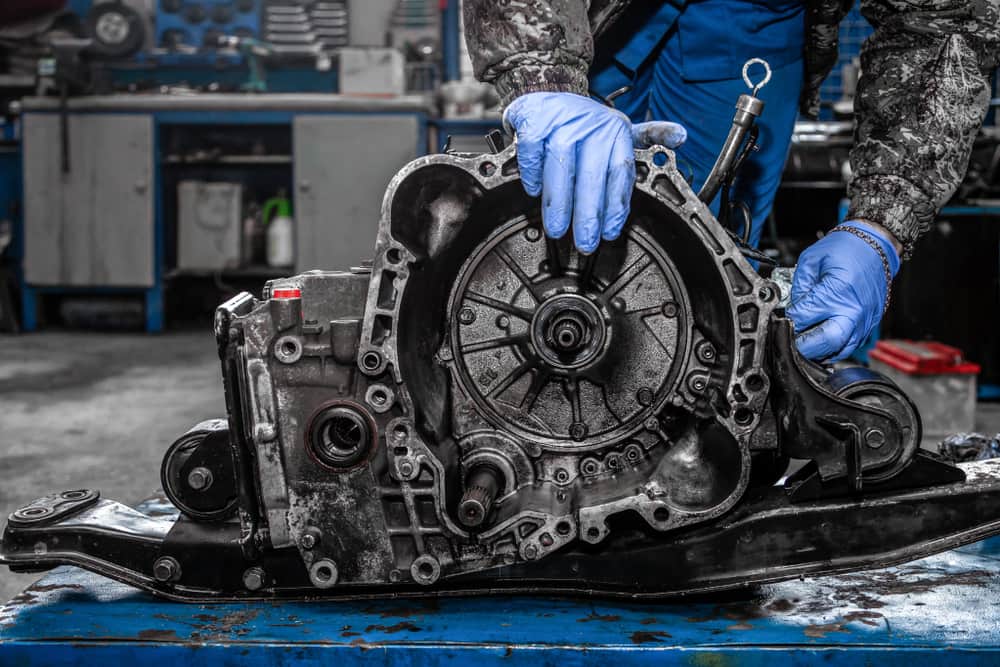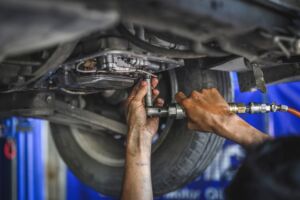Your vehicle’s transmission is a complex system that transfers power from the engine to the wheels, allowing your car to move. Regular transmission maintenance is the key to ensuring its longevity, optimizing performance, and preventing costly transmission repair down the line. Neglecting this essential aspect of car care can lead to premature wear and tear, decreased fuel efficiency, and even complete transmission failure.
What Does Transmission Maintenance Entail?
To keep your transmission in top shape, several key maintenance tasks should be performed regularly:
- Fluid Checks and Changes: The transmission fluid is the lifeblood of the system, lubricating the moving parts, cooling the components, and ensuring smooth shifting. Regularly check the fluid level and condition, and follow the manufacturer’s recommendations for fluid changes.
- Filter Replacement: The transmission filter prevents debris and contaminants from damaging the transmission. Replacing the filter at recommended intervals helps maintain the fluid’s cleanliness and protects the system’s components.
- Gasket and Seal Inspections: Transmission gaskets and seals prevent leaks and keep the fluid contained. Inspecting these components and replacing worn-out seals can prevent fluid loss and potential damage.
- Band Adjustment: Transmission bands control gear shifting. Periodic adjustments ensure smooth and precise gear changes, improving performance and fuel efficiency.
- Sensor Checks: Modern transmissions rely on various sensors for optimal operation. Checking these sensors and replacing faulty ones can prevent shifting issues and ensure proper transmission function.
How Often Should Transmission Maintenance Be Performed?
The frequency of transmission maintenance depends on factors such as your vehicle’s make and model, driving habits, and the type of transmission. Consult your owner’s manual for specific recommendations. However, a general guideline is to have the transmission fluid and filter changed every 30,000 to 60,000 miles or every two to four years, whichever comes first. Severe driving conditions, such as frequent stop-and-go traffic, towing, or hauling heavy loads, may require more frequent maintenance.
The Benefits of Regular Transmission Maintenance
- Extends Transmission Life: Regular maintenance helps prevent premature wear and tear on the transmission’s components, extending its lifespan and saving you money on costly repairs or replacements.
- Improves Fuel Efficiency: A well-maintained transmission operates more efficiently, reducing fuel consumption and saving you money at the pump.
- Enhances Performance: Proper maintenance ensures smooth shifting, optimal gear engagement, and better overall vehicle performance.
- Reduced Need for Transmission Repair: Addressing minor issues through regular maintenance can prevent them from escalating into major problems that require expensive repairs.
Trust Your Transmission Maintenance & Repairs to DOT Transmissions
Regular transmission maintenance is a key component of maintaining optimal performance for your vehicle. At DOT Transmissions, our experts can provide you with expert transmission maintenance services, regardless of your vehicle’s make and model.
Contact us today to schedule an appointment.






